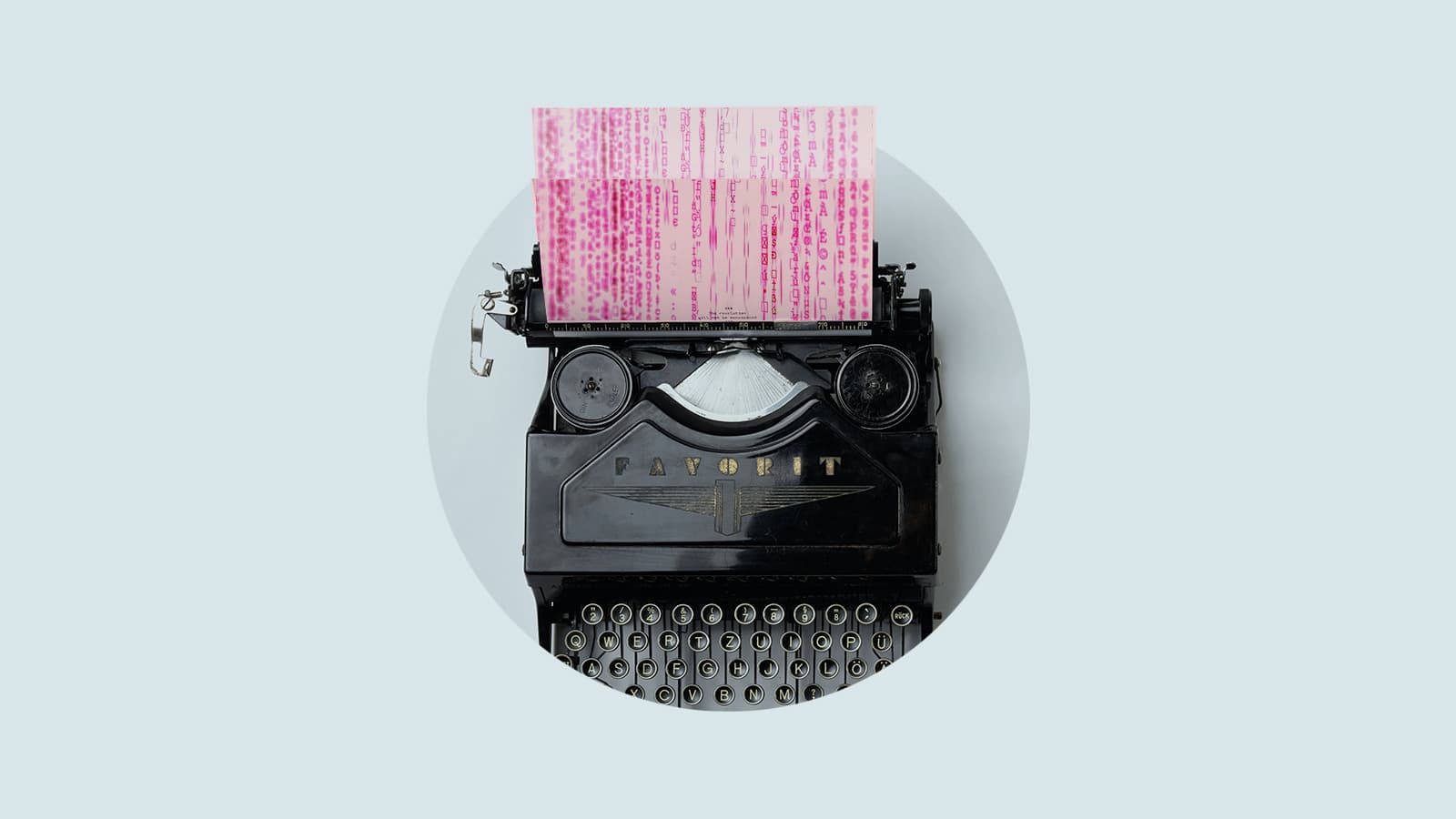Encryption is the process of encoding messages or information in such a way that only authorized parties can read it. It can be used to transform data that you send across the internet into a format which is only readable when in possession of a decryption key, which provides the code to decipher the encryption.
Think of sending a letter to someone in a secret language that needs a special dictionary to translate it.
The secret language = the encryption
The dictionary = the decryption key
Only when someone has both can they then read that message—providing of course that the secret language is sophisticated enough to not be broken without the key. Make sense?
What is the strongest encryption?
Dashlane uses AES-256 encryption. Short for Advanced Encryption Standard, it was the first publicly accessible and open cipher approved by the National Security Agency (NSA) to protect information at a “Top Secret” level. It is now widely accepted as the strongest encryption there is—and used by governments, militaries, banks, and other organizations across the world to protect sensitive data.
Remember we mentioned that the “secret language” needs to be complicated so it is tough to crack? Well, AES is just that. It’s based on a system of encoding called the Rijndael cipher, developed by two Belgian cryptographers, Joan Daemen and Vincent Rijmen. It divides your data into blocks of 128 bits (the smallest unit of computer data) each, and then uses the encryption key to scramble them beyond all recognition using 14 different rounds of encryption.
You need the specific key to decrypt the data. The number of possible keys this system allows is 2 to the 256th power—that’s a number that is 78 digits long. Imagine the computing power necessary to reveal the correct key and decrypt the data were it to be intercepted.
Has AES ever been cracked?
No. A Microsoft research paper published in 2011 suggested that it was theoretically possible to recover an AES key (the “dictionary” that translates the “secret language”) using a technique called a biclique attack. But even breaking a 128-bit key (far less complex than Dashlane’s 256-bit system) would take billions of years with current computing power—and require storing about 38 trillion terabytes of data, which is more than all the data on all the computers on the planet.
So my data and passwords are safe with Dashlane?
Dashlane encrypts all your data locally (on your device) before sending it to our servers. Your key is never transmitted on the internet, so in the unlikely event that your data is somehow intercepted, the encryption means that no one will be able to decipher it.
Looking for more info?
Visit our online safety hub for the latest breach report and a complete guide to staying secure on the internet.
Sign up to receive news and updates about Dashlane

